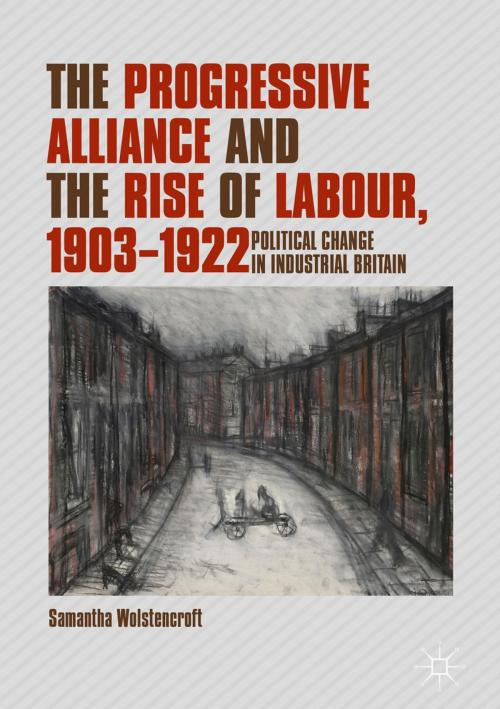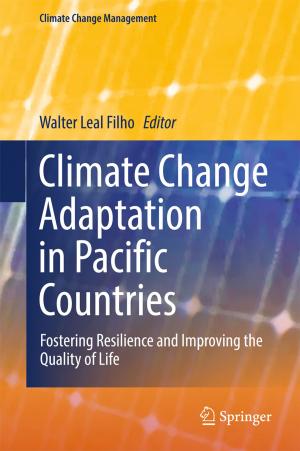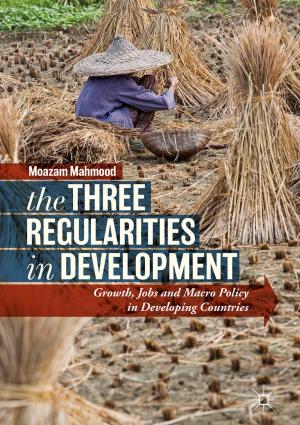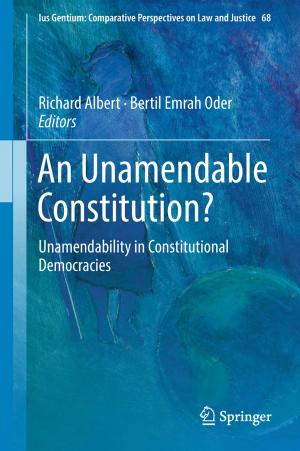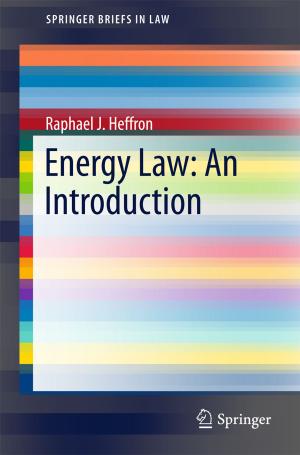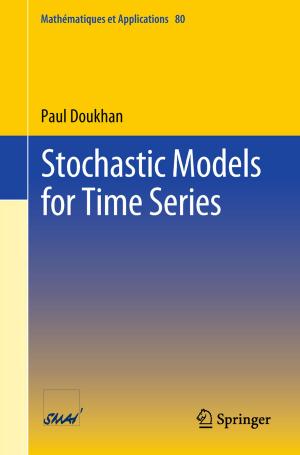The Progressive Alliance and the Rise of Labour, 1903-1922
Political Change in Industrial Britain
Nonfiction, Social & Cultural Studies, Political Science, Politics, History & Theory, History, British| Author: | Samantha Wolstencroft | ISBN: | 9783319757445 |
| Publisher: | Springer International Publishing | Publication: | May 14, 2018 |
| Imprint: | Palgrave Macmillan | Language: | English |
| Author: | Samantha Wolstencroft |
| ISBN: | 9783319757445 |
| Publisher: | Springer International Publishing |
| Publication: | May 14, 2018 |
| Imprint: | Palgrave Macmillan |
| Language: | English |
This book provides a detailed study of the politics of the Progressive Alliance at the constituency level from its inception in 1903 to collapse during the First World War. It evaluates the character, development and difficulties of progressive co-operation and considers the long-term viability of an electoral alliance between the Liberal and Labour parties. Samantha Wolstencroft provides an exhaustive analysis of political change in two of Britain’s major industrial centres, Manchester and Stoke-on-Trent, during a period that witnessed the decline of the Liberal Party and rise of Labour. She evaluates the difficulties faced by the early Labour Party in its attempt to attain a foothold within the political landscape, examines the impact of the experience of the First World War upon the political parties, and demonstrates the power of issues and the role of candidates in the transformation of electoral politics in Britain in the immediate aftermath of war.
This book provides a detailed study of the politics of the Progressive Alliance at the constituency level from its inception in 1903 to collapse during the First World War. It evaluates the character, development and difficulties of progressive co-operation and considers the long-term viability of an electoral alliance between the Liberal and Labour parties. Samantha Wolstencroft provides an exhaustive analysis of political change in two of Britain’s major industrial centres, Manchester and Stoke-on-Trent, during a period that witnessed the decline of the Liberal Party and rise of Labour. She evaluates the difficulties faced by the early Labour Party in its attempt to attain a foothold within the political landscape, examines the impact of the experience of the First World War upon the political parties, and demonstrates the power of issues and the role of candidates in the transformation of electoral politics in Britain in the immediate aftermath of war.
